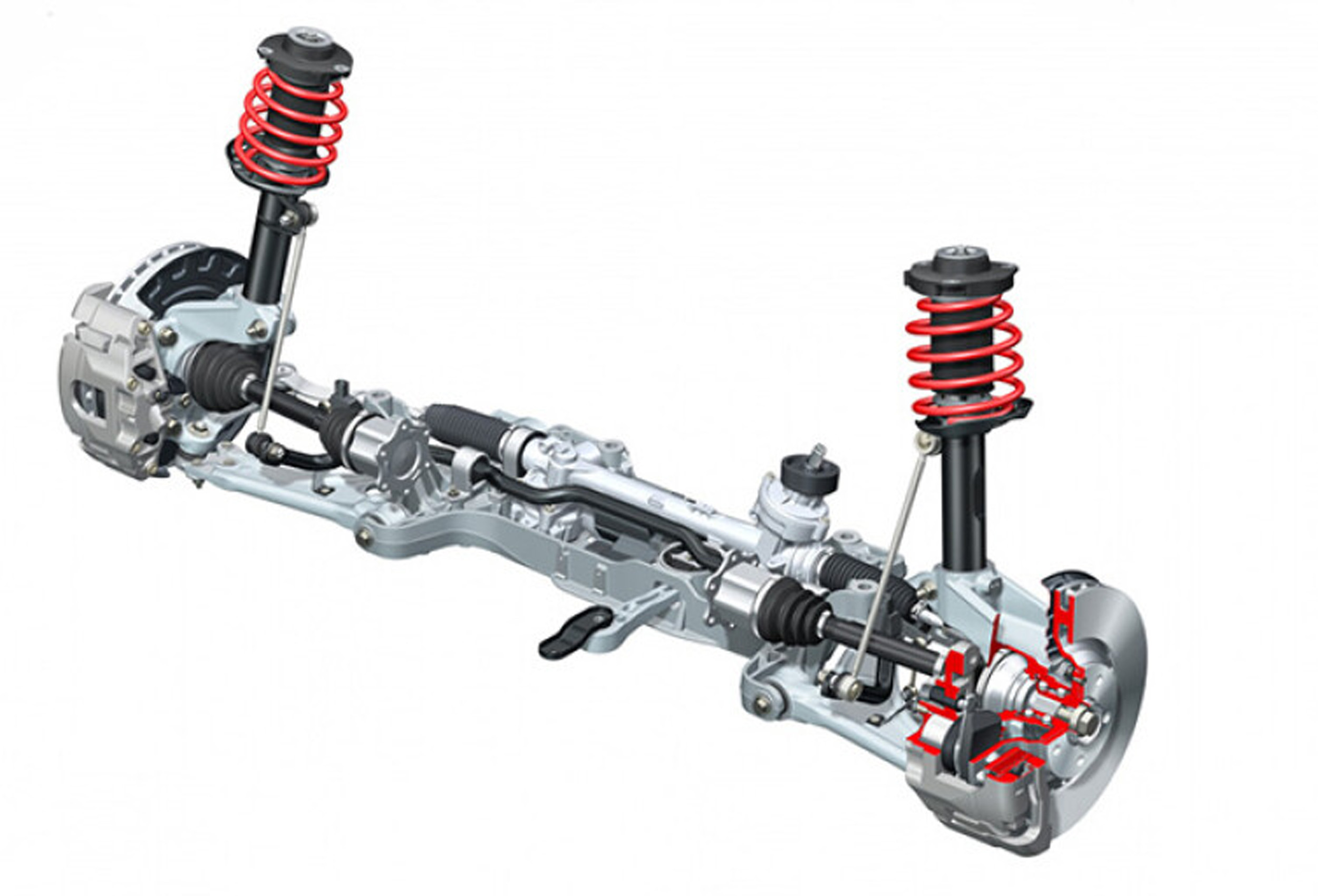Many of us rely on our vehicles to get around, which makes car maintenance an essential part of daily life. The frequency of car servicing can vary depending on several factors such as the manufacturer, type of vehicle, and annual mileage. However, there are some crucial considerations that you need to keep in mind to ensure your vehicle remains in optimal condition.
A brief guide to car servicing
Basically, a car service is a routine set of maintenance and repair procedures that your vehicle undergoes after a certain number of miles or a specified period.
To determine the ideal maintenance schedule and servicing schedule for your car, ensure to check the manufacturer’s recommendation.
Regular servicing is crucial for maintaining your car’s optimal performance and reliability while preventing costly repairs down the line. By adhering to the recommended service schedule, you can keep your vehicle in top condition and save money in the long run.
Most manufacturers advise a full car service once every 12,000 miles or once a year, depending on your car and driving habits.
Your vehicle’s logbook is a useful reference for checking when your car was last serviced, and it should be updated by the mechanic after each service.
For cars with modern onboard computer systems, the computer will alert you when it’s time for service and highlight any issues to be aware of. It’s essential to address any issues promptly, even if they arise before the recommended service interval of 12 months or 12,000 miles.
In addition to preventing costly repairs and saving you money in the long run, regular servicing can also enhance your car’s fuel efficiency and provide peace of mind that it’s in top condition. By staying on top of maintenance, you can extend your vehicle’s lifespan and avoid unexpected breakdowns.
Regular Maintenance
To keep your car running smoothly, it’s important to stay on top of regular maintenance tasks such as topping up consumable items. These can include changing oil and oil filters, as well as other items such as radiator coolant, brake fluid, wiper blades, brake pads, power steering fluid, spark plugs, and various filters and fluids. It’s also essential to inspect the hoses and pipes that transfer fluids and replace them if necessary.
Interim Service
An interim service is a condensed version of a full service and is typically performed by an engineer every six months or 6,000 miles, whichever comes first. While it shouldn’t serve as a replacement for a full service, it is useful for identifying and fixing any issues before they worsen. An interim service involves a 50-point inspection and installation of a new oil filter, as well as an engine oil change.
Full Service
A full service is the most comprehensive type of car maintenance available. It typically involves a 77-point inspection and should be carried out every 12 months or 12,000 miles, whichever comes first. During a full service, a mechanic will examine all of the vehicle’s essential components, as well as its mechanical and safety systems. This service also includes replacing the engine oil, oil filters, and air filters. The mechanic will also replace any parts that have exceeded their useful lifespan which could include finding shock absorbers to suit your car.
Manufacturer Service
For premium vehicles, it may be recommended to opt for a manufacturer’s service. This service schedule is established by the vehicle’s creators to ensure that it is maintained in accordance with their recommendations. To receive this service, you are required to take your car to a dealership or garage that is owned or managed by the manufacturer. During a manufacturer service, only manufacturer-approved parts and materials are used, and the technicians working on your car are certified by the manufacturer.



